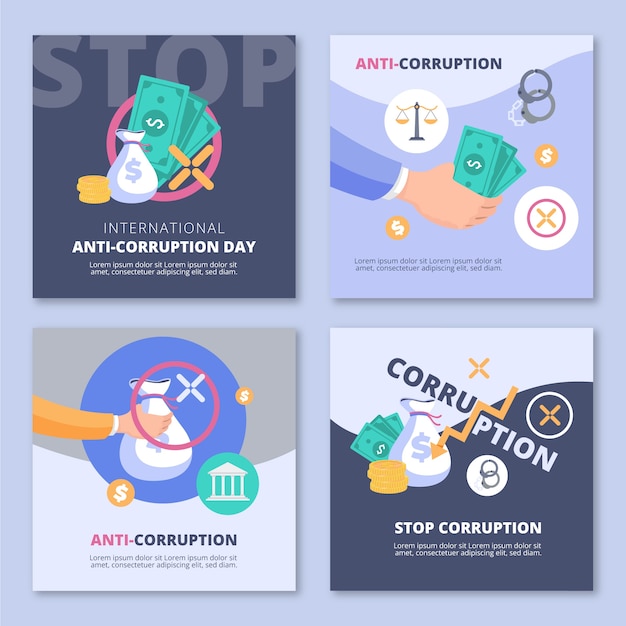
Money laundering is an unlawful activity often employed by criminal individuals or groups to alter the appearance of their ill-gotten money, making it seem legit. While this practice is typically used to mask funds from illegal sources, it is also occasionally exploited to illicitly shield legitimate money, a prime example being during highly affluent divorce procedures where one party seeks to safeguard their finances from their former partner.
The money laundering process is initiated by depositing the illegitimate funds into a bank account or using them to buy things. What follows is an attempt to muddle the origins of the assets, either through electronic money transfers or by reselling the high-priced goods bought with the shady funds.
Money laundering operations have drastically escalated with the advent of the digital age. Criminals often exploit the Internet, foreign banks, and dummy corporations to obscure their ill-gotten gains. Owing to stringent national privacy laws, these wrongdoers are often able to shield their assets from the scrutinizing gaze of law enforcers.
The tiny island nation of Nauru, with a sparse population of merely a few thousand, surprisingly possesses around 400 registered banks, leading to suspicions about it serving as a funnel for mafioso fortunes, particularly Russian. However, criminals more commonly prefer bustling metropolises where the sheer volume of daily financial transactions facilitates anonymity.
Interestingly, funds diverted to extremist groups often originate from legal avenues, rendering initial detection tricky. Banks are nowadays mandated to report any suspicious financial activity. Defining ‘suspicious,’ however, isn’t straightforward. Transferring money out of the country, exceeding $10,000, mandates mandatory reporting and sufficient explanation.
A recent laundering strategy called “smurfing” attempts to circumvent this rule: sums just below the $10,000 threshold are repetitively pushed through, thereby delaying the mandatory reporting.
Each of us has a part to play in countering money laundering. Banks and financial institutions are indeed the preliminary barriers, but as a business owner, it is crucial to stay vigilant. If a client appears conspicuously affluent, or makes multiple expensive purchases and you’re doubtful about their ability to afford such purchases, you should be alert.
Knowing your client well is stressed upon. The police and customs officers have the power to confiscate money they suspect to be proceeds from money laundering. Reporting any suspicious activity could shield you from being implicated in abetting money laundering.
Liberty Reserve is an example of a huge money laundering bust, where over $6 billion was funneled to criminals, servicing over one million clients and processing 12 million transactions annually.
An astounding £27 to 57 billion is believed to laundered annually in the UK, underscoring the enormity of this criminal enterprise, invigorated substantially by the digital revolution.
Burton Copeland’s team of money laundering attorneys specializes in providing legal assistance in such cases.


